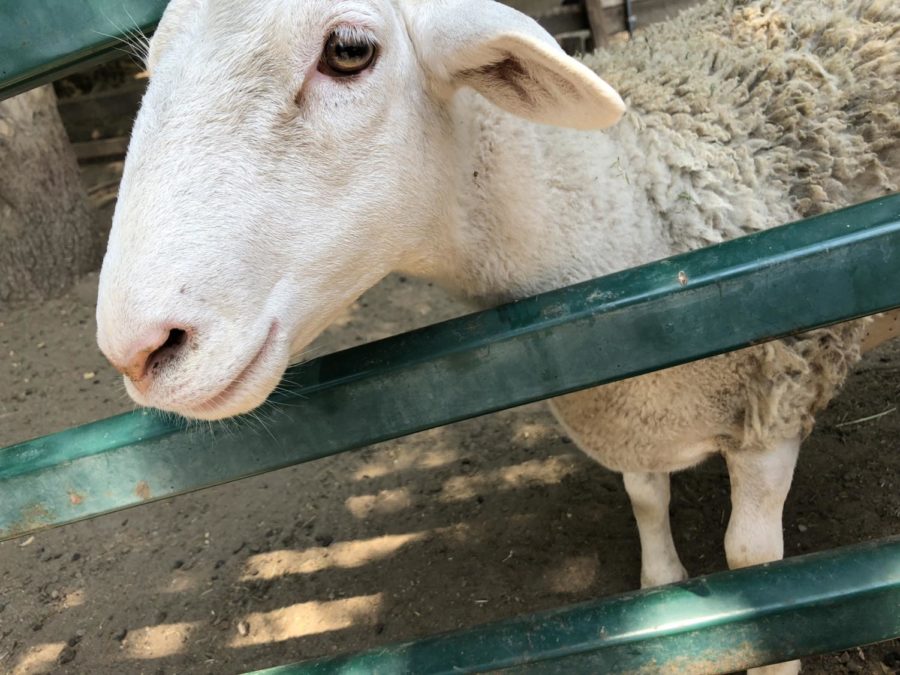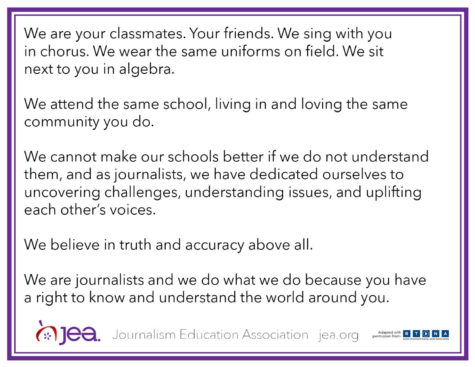An Udder Cowtastrophe
February 25, 2019
In the best way possible, I had my life ruined last week. It was a regular day, I walked into my AP Environmental Science class, and Ms. Rayner reminded us that a speaker was coming to talk about the food industry. I expected the same information we’ve been receiving in that class all year, an hour long lecture on one more way humans are ruining the planet. But this discussion was much more.
She started the way I expected: greenhouse gases, deforestation, the usual sad things that we’ve discussed all year. The discussion took a turn about halfway through. We started talking about animals, how the farming industry treats them, and honestly, it’s way worse than I ever could have expected. When we buy meat in the store, we don’t really think of the meat package as ever being a living, breathing animal. It’s different, we think. These ones aren’t the same. Here’s the thing: they are.
They feel pain, they know what’s going on, and they know what they’re going through is inhumane. Painful. Wrong. Of course I’m not telling anyone to go out and be a vegan, or give up meat forever, but there are ways we can all be better about what we’re eating.
Start reading labels. It’s an easy fix. Look for things on packages like natural and organic, and read more into what those descriptions mean. Putting the word natural on a package means essentially nothing, and chances are the animal you are eating was still raised in a factory farm. It’s the same with organic, while this animal doesn’t have the GMOs or chemicals in it like others do, it was also probably raised inhumanely. Look for labels that say free range or pasture raised. Those ones were raised on farms with space and they were most likely treated like actual living, feeling organisms.
If you can, try buying locally sourced meats and eggs. Shop at farmers markets, visit a local butcher. Chances are, locally raised food wasn’t inhumanely treated, so you can still enjoy meat and eggs while knowing that you aren’t supporting factory farms.
It’s easy solutions like these that could help those animals so much, and you don’t need to be vegan to make a difference and help out farm animals. It starts small, and if we all try to change little things like which brand of eggs we buy, it could make a huge statement. Stand with the animals that had no choice of what their life would turn out to be, and stand against industrial farming.






